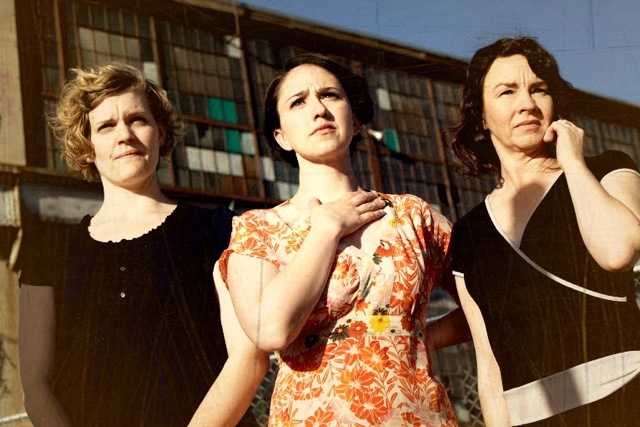These Shining Lives
Runs May 15-25, Thursdays through Saturdays at 8pm, Sundays at 2pmThe Cell Theatre700 First Street NW797-7081, dukecityrep.comTickets: $10-$20Performance at Nuclear Museum on Friday, May 23, $17-$25Radiant Dreams: The 1920S David V. Goliath Case That Changed Everything










